Tarkasamgraha-Dipika on Tarkasamgraha
Author: Annambhatta
Published by: Progressive Publishers
Edition: First Edition, 1976
Pages: 450
Tarkasamgraha-Dipika is an elaborate commentary on Tarkasamgraha, a seminal work in Indian philosophy authored by Annambhatta. This text serves as a comprehensive introduction to the Nyaya-Vaiseshika system, two of the six orthodox schools of Indian philosophy, which focus on logic, epistemology, and metaphysics.
Annambhatta’s original Tarkasamgraha was written to provide a simplified yet systematic exposition of the complex principles of Indian logic. However, due to its concise nature, it required further elaboration for better understanding. The Tarkasamgraha-Dipika fulfills this need by expanding upon key concepts, clarifying intricate arguments, and offering detailed explanations of logical reasoning, perception, inference, and metaphysical categories.
The text meticulously analyzes the sixteen categories (padarthas) of the Nyaya school, including perception (pratyaksha), inference (anumana), verbal testimony (sabda), and debate methodologies. It also covers the seven categories (padarthas) of Vaiseshika, such as substance (dravya), quality (guna), and motion (karma).
One of the most significant aspects of this commentary is its role in bridging ancient Indian logic with contemporary philosophical discourse. It serves as a crucial reference for those studying classical Indian epistemology and the development of logical reasoning in Indian thought. The Dipika (commentary) not only explains the original text but also contextualizes it with interpretations from later scholars, making it a valuable resource for those seeking to grasp the depth of Nyaya-Vaiseshika philosophy.
This book is indispensable for philosophy students, researchers, and anyone interested in understanding the rich logical traditions of India. The precise arguments, clear structure, and profound insights offered in Tarkasamgraha-Dipika make it a key text in the study of Indian intellectual history.
-
A detailed commentary on Tarkasamgraha, a foundational text of Indian logic and philosophy.
-
Explains the principles of the Nyaya and Vaiseshika schools, including epistemology, logic, and metaphysics.
-
Clarifies the sixteen categories (padarthas) of Nyaya and the seven categories (padarthas) of Vaiseshika.
-
Discusses different forms of knowledge, including perception, inference, and verbal testimony.
-
Provides historical context and interpretations from later scholars.
-
Essential reading for philosophy students, researchers, and those interested in Indian logic.



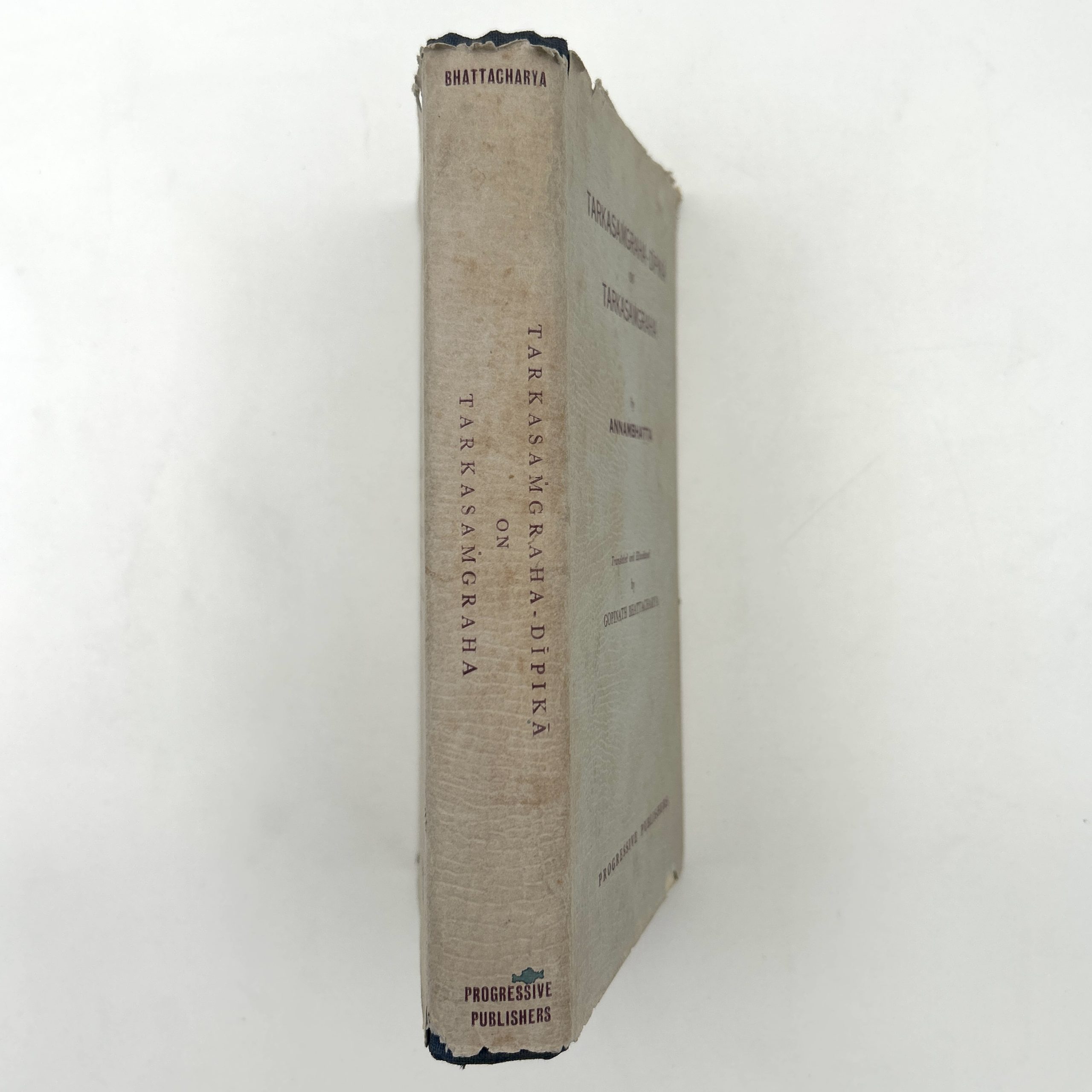
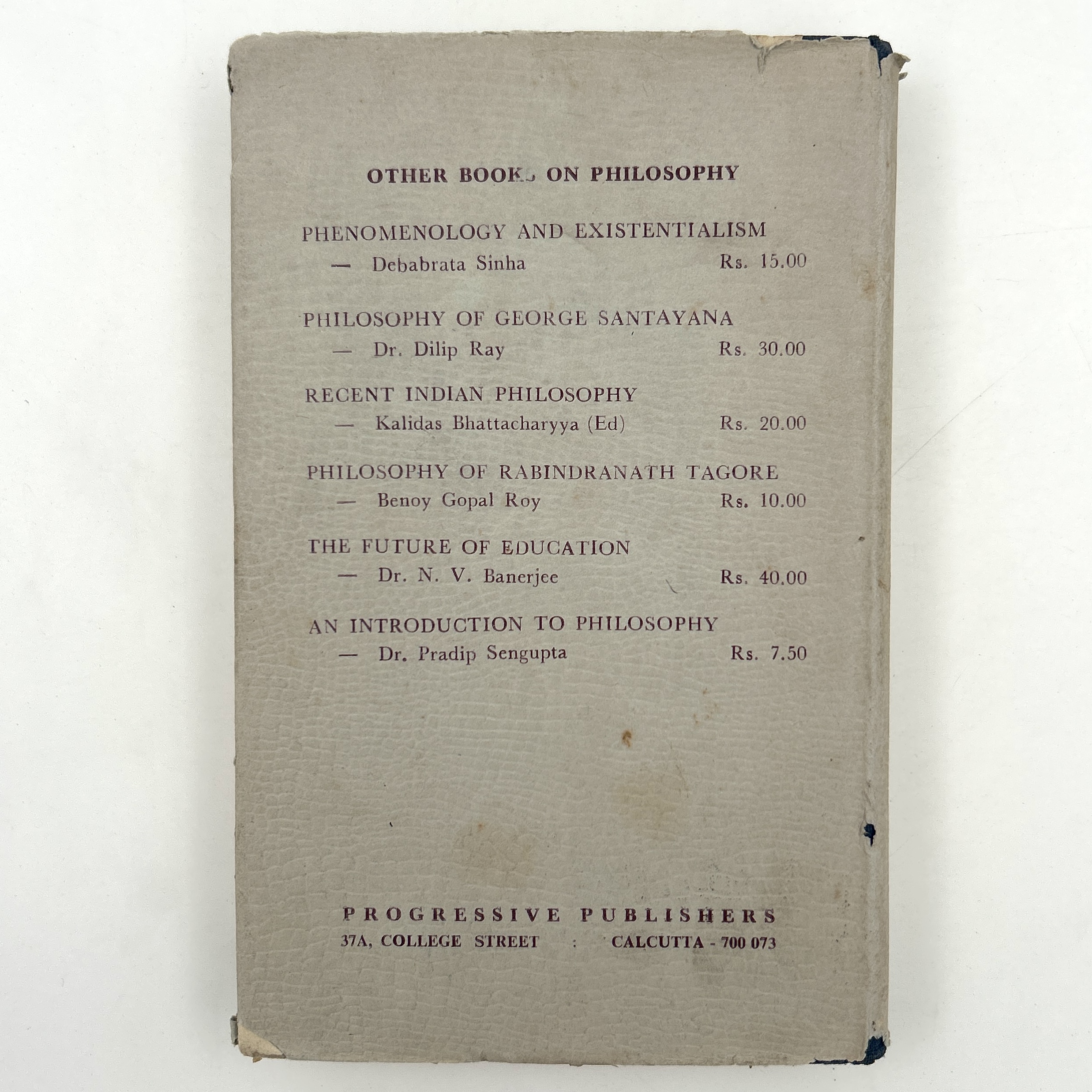
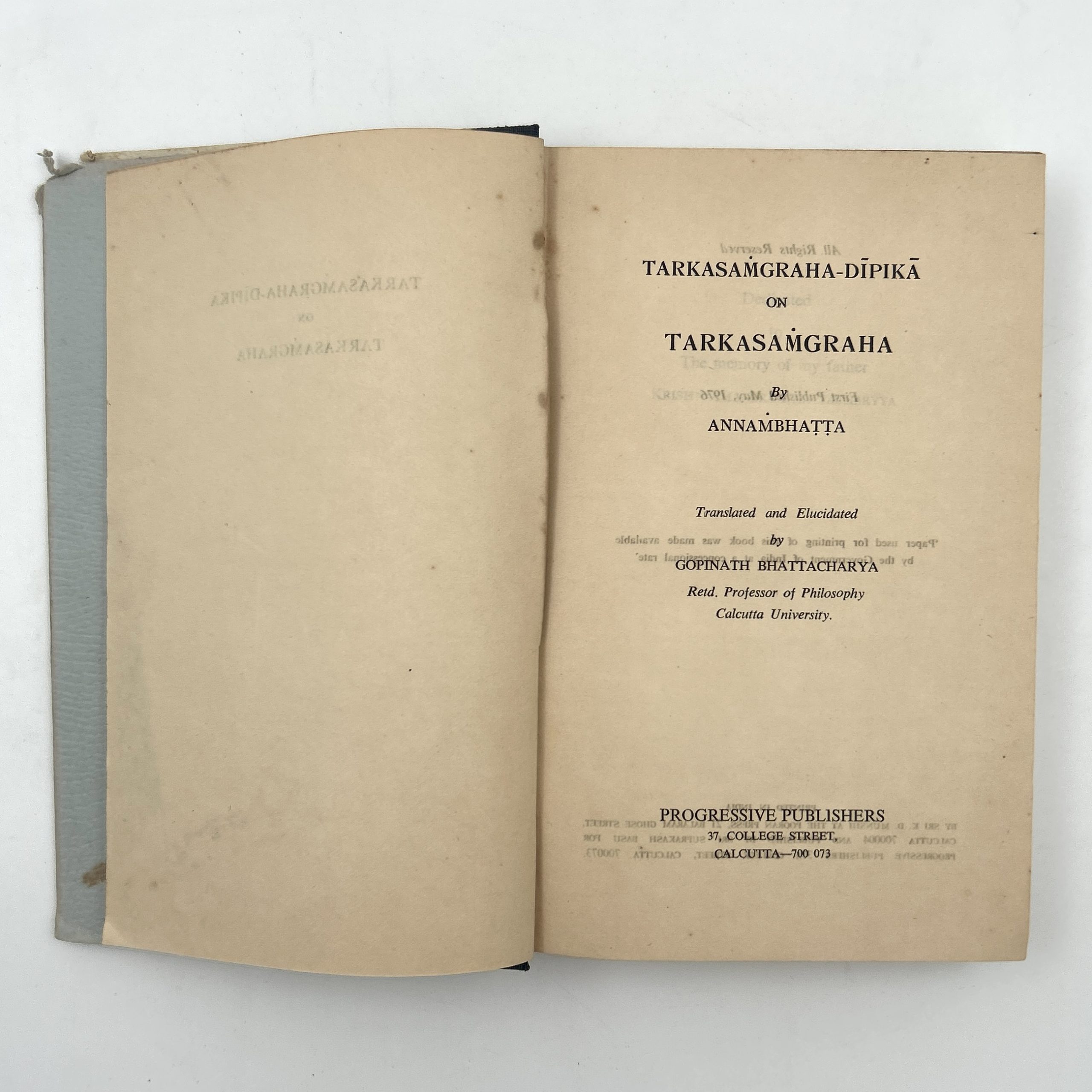
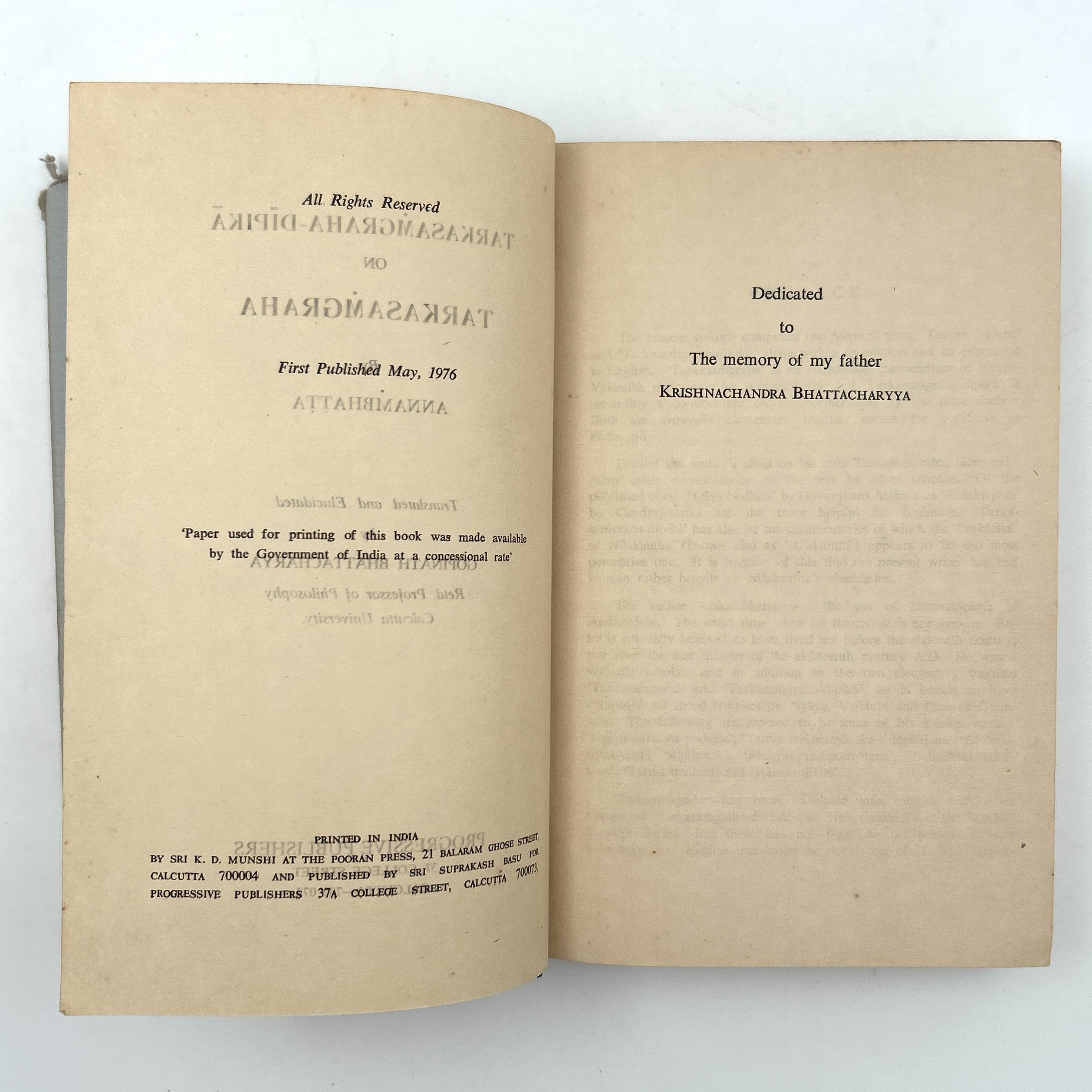
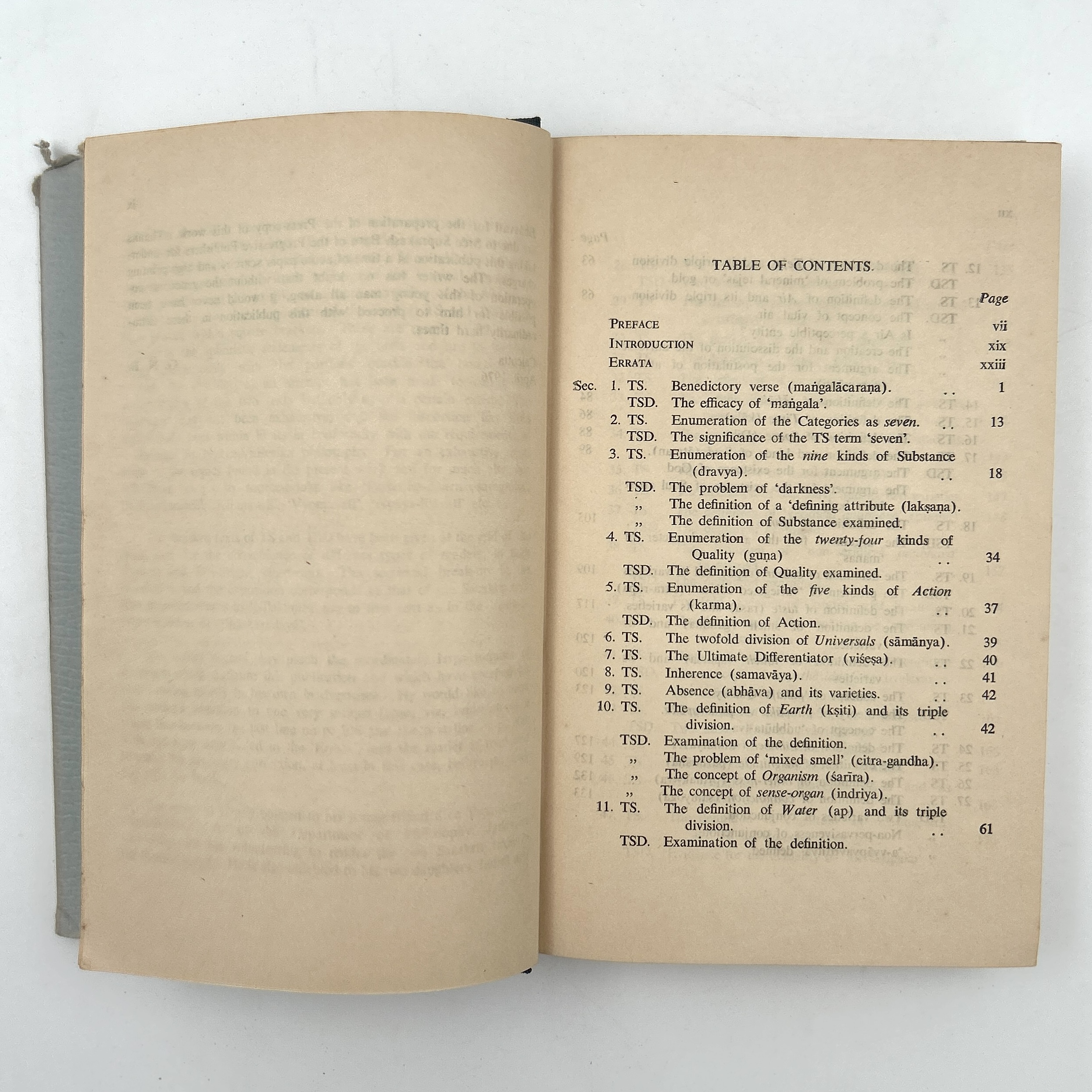
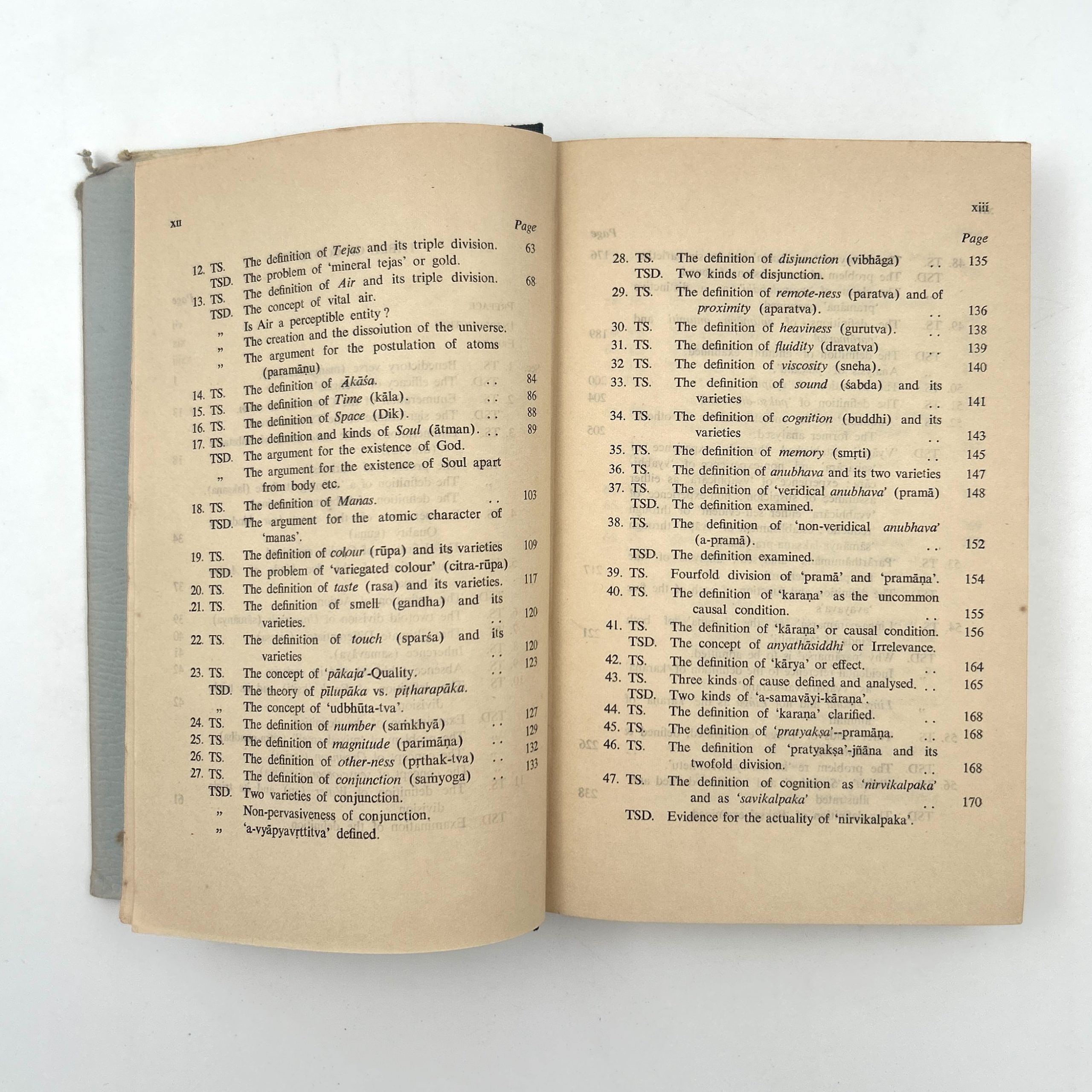
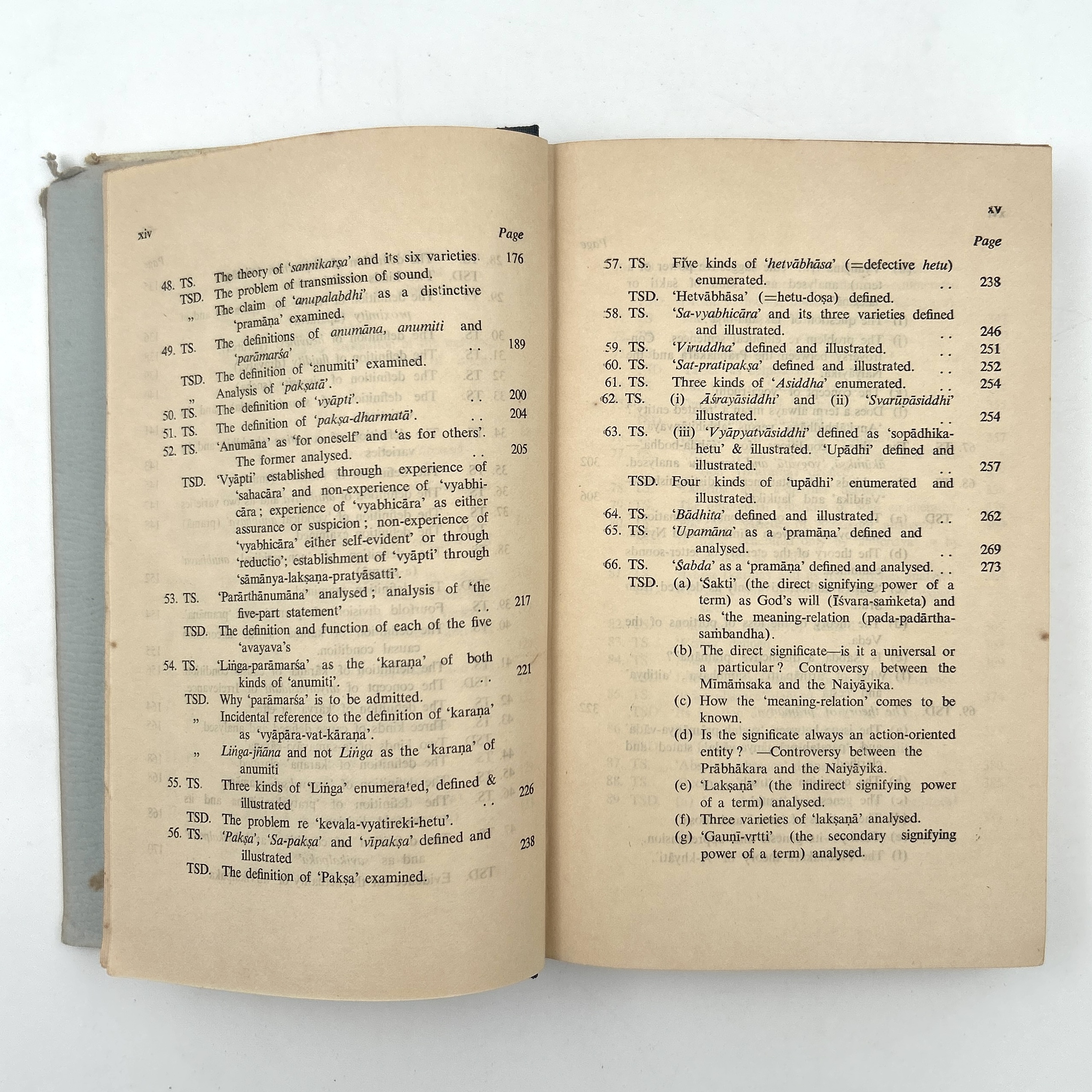
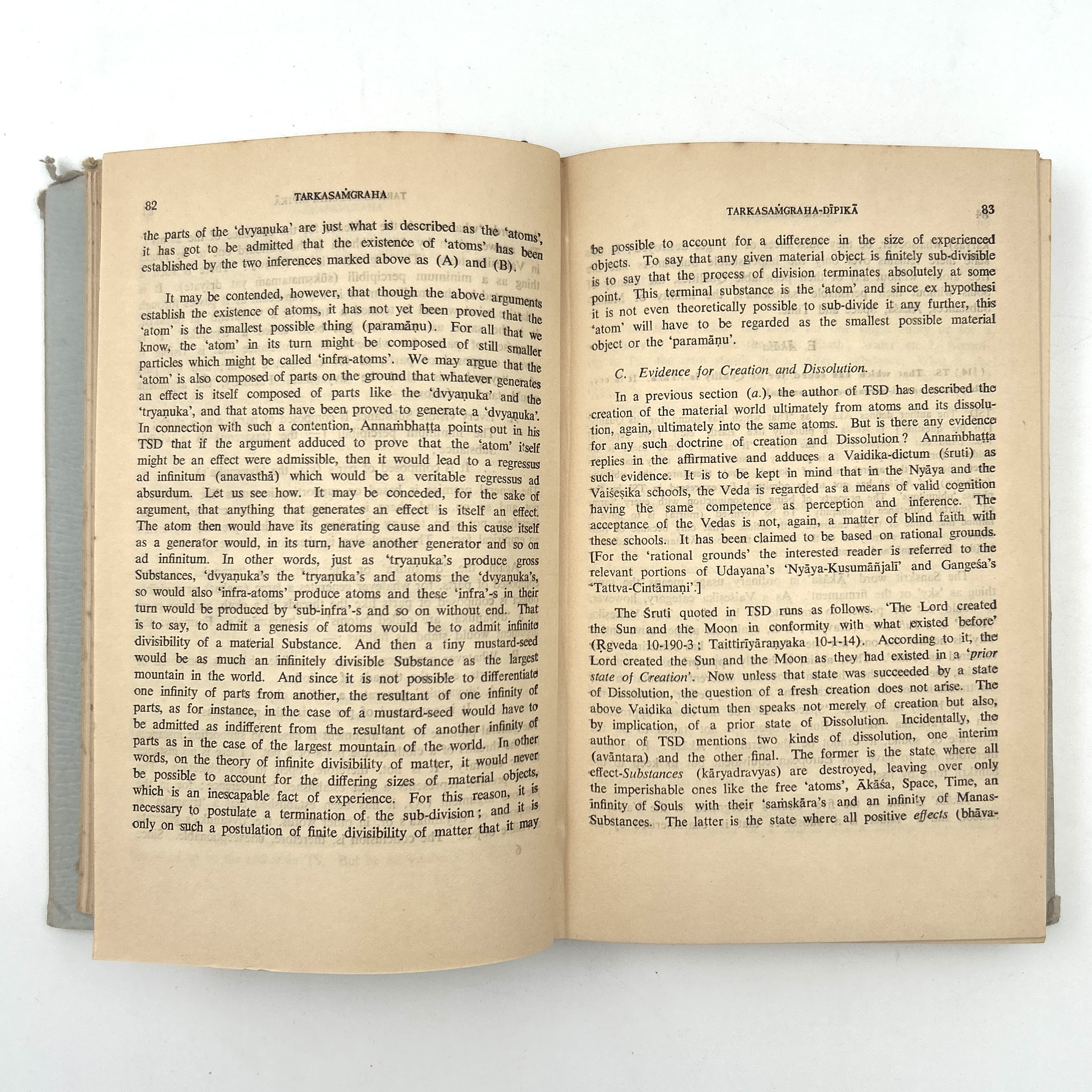
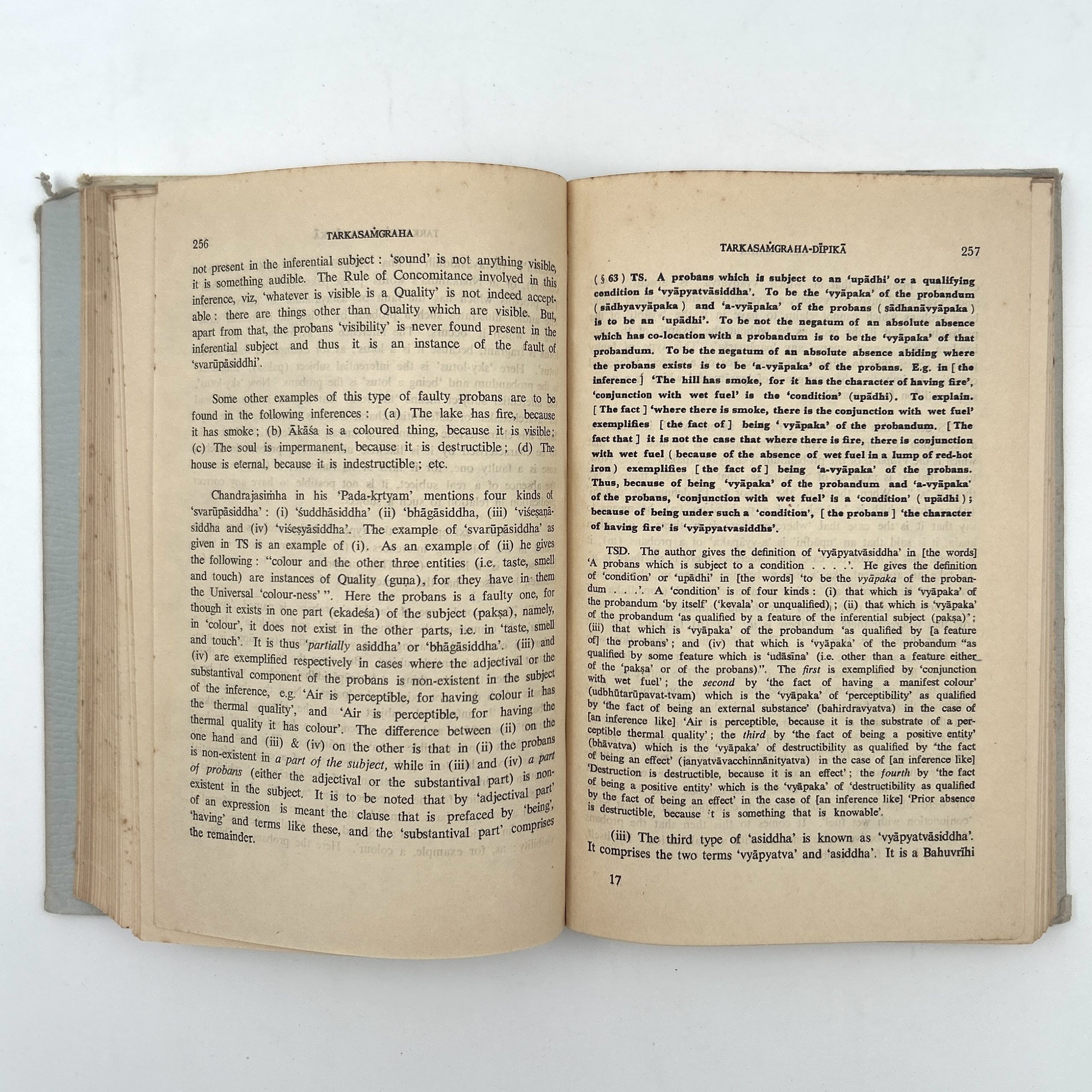
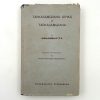
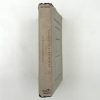
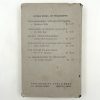
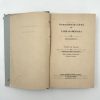
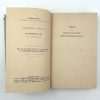
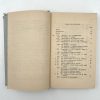

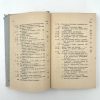
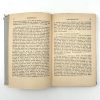
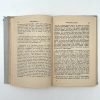




Reviews
There are no reviews yet.